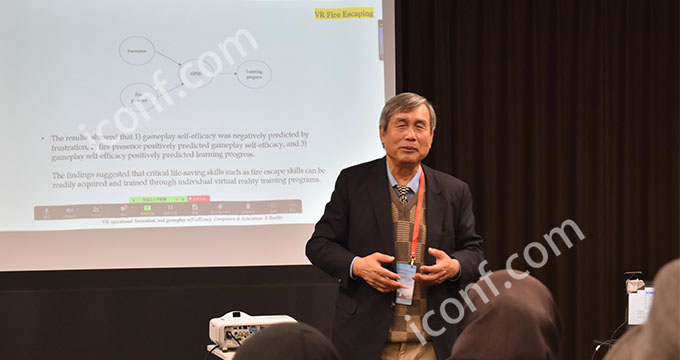

336 views||Release time: Jul 10, 2025
Choosing the right academic conference is a critical step for any researcher looking to share findings, build networks, and strengthen their academic reputation. But with so many conferences held around the world each year, how can you evaluate the level and quality of an international academic conference? Understanding this can help you avoid predatory events and ensure your research gets the attention it deserves.

The reputation of the organizing body is one of the most important indicators of a conference’s level. Well-known academic societies, reputable universities, and respected professional organizations usually host high-level conferences. A strong organizer ensures quality control, rigorous peer review, and better networking opportunities.
High-level conferences maintain strict peer review standards for submitted papers or abstracts. Check if the conference has a clear and transparent review process, including information about the review committee, acceptance rates, and selection criteria. A rigorous review process is a sign of academic credibility.
Examine where the conference proceedings are published. Top-tier conferences often have their papers indexed in recognized databases such as IEEE Xplore, Scopus, or Web of Science. If the proceedings are published by reputable publishers or indexed in major academic databases, it indicates a higher level of academic recognition.
Look at the list of previous keynote speakers and invited guests. High-level conferences attract leading scholars and experts in the field. Their participation adds credibility and enhances the value of attending.
Conferences with a long history and strong track record tend to be more reliable. Check how many editions the conference has had, the consistency in topics, and the growth of its academic influence over time.
Feedback from previous attendees can provide valuable insights into the quality of the sessions, organizational standards, and networking opportunities. Although formal reviews might not always be available, testimonials, word of mouth, and social media discussions can be useful indicators.
Evaluating a conference on your own can be time-consuming. Platforms like iconf.com make this process easier by listing carefully selected international academic conferences with verified information. Using such a resource helps you quickly identify events that align with your research needs and meet high academic standards.
Evaluating the level of an international academic conference is crucial for making the most of your research efforts and investments. By considering the organizing body, review process, publication standards, and conference history, you can choose events that enhance your academic profile and create valuable opportunities. Let iconf.com guide you in finding trustworthy, high-quality conferences that support your career growth.